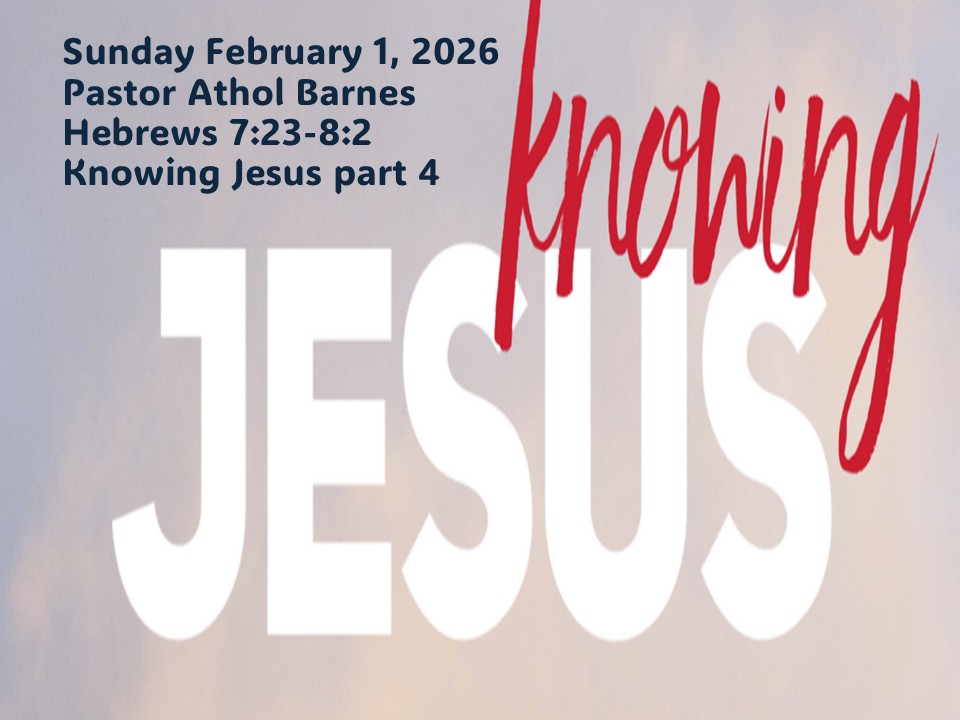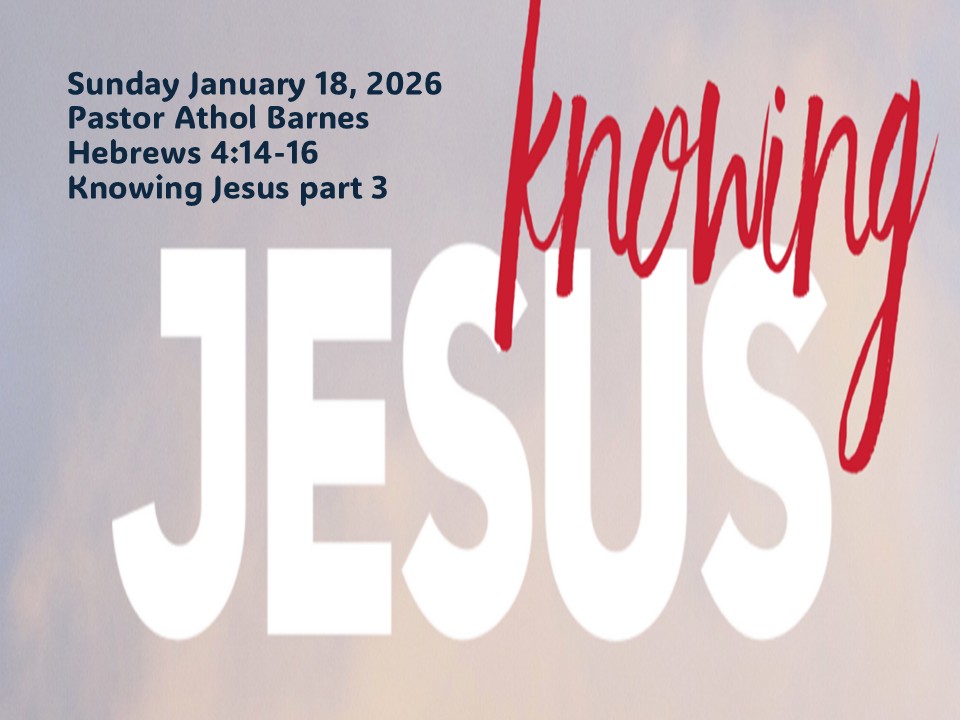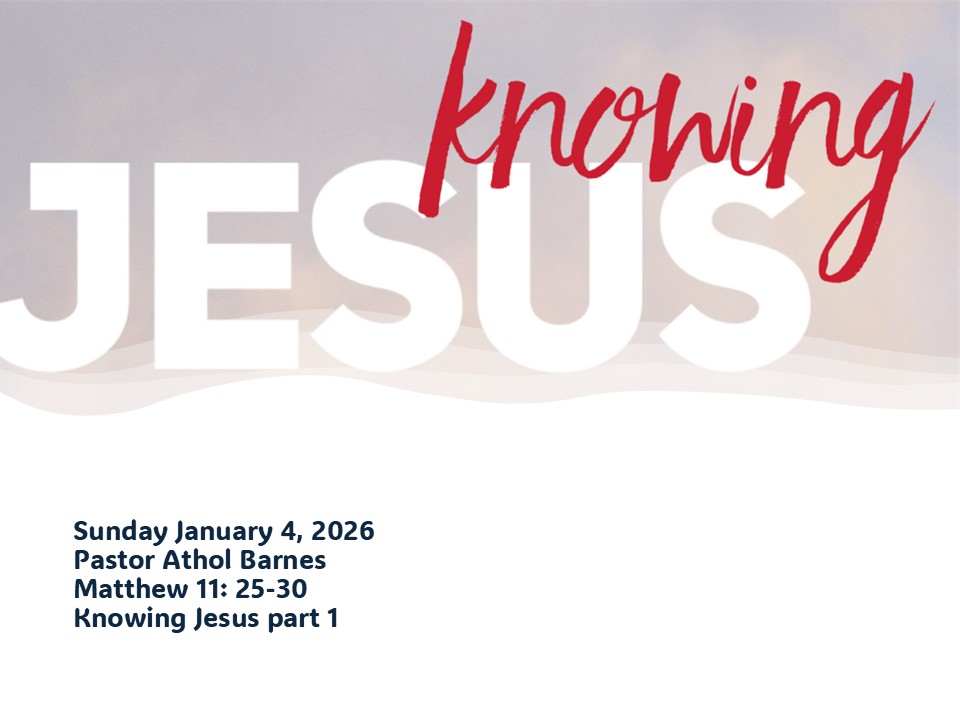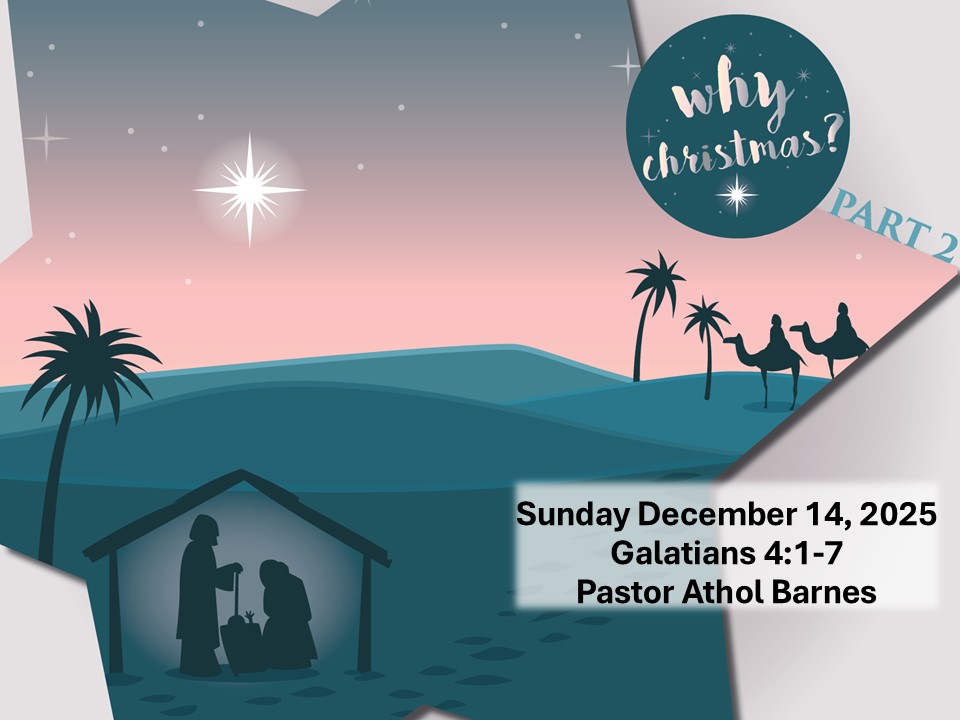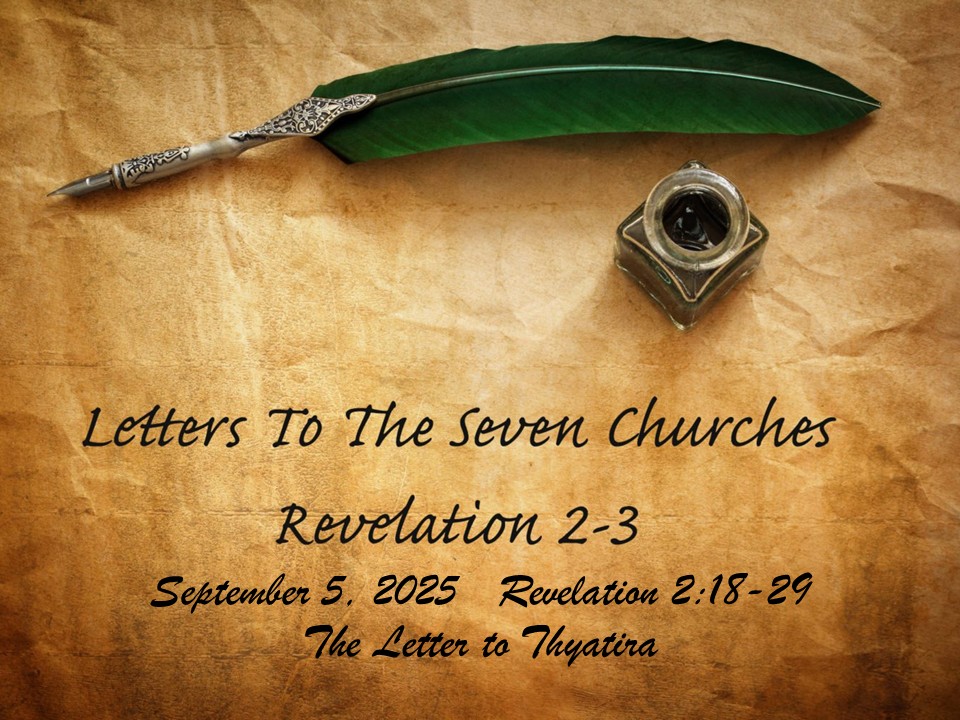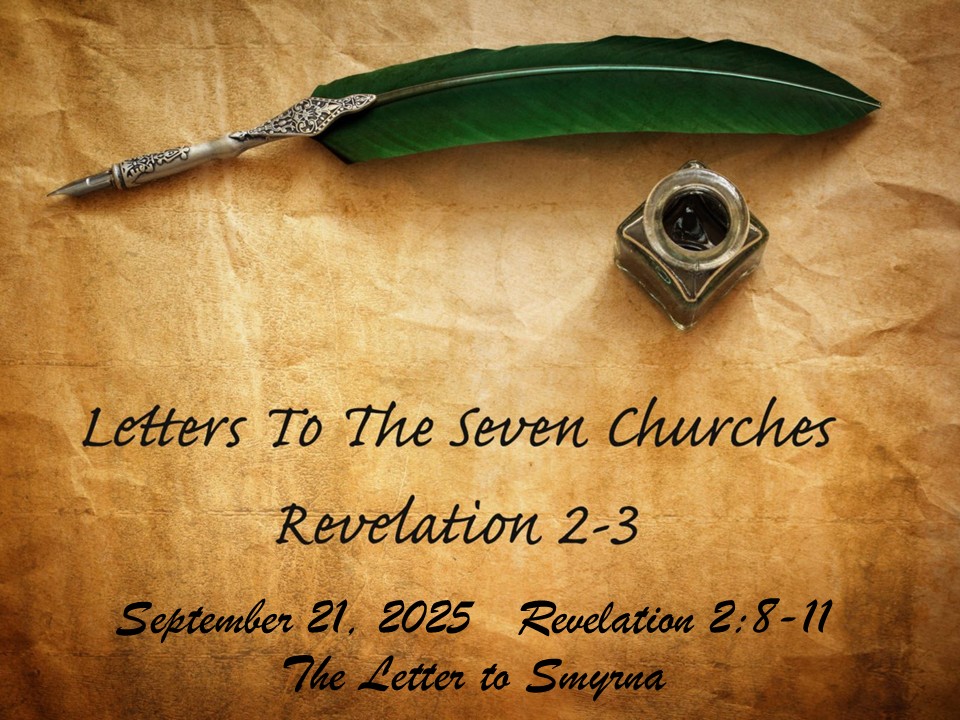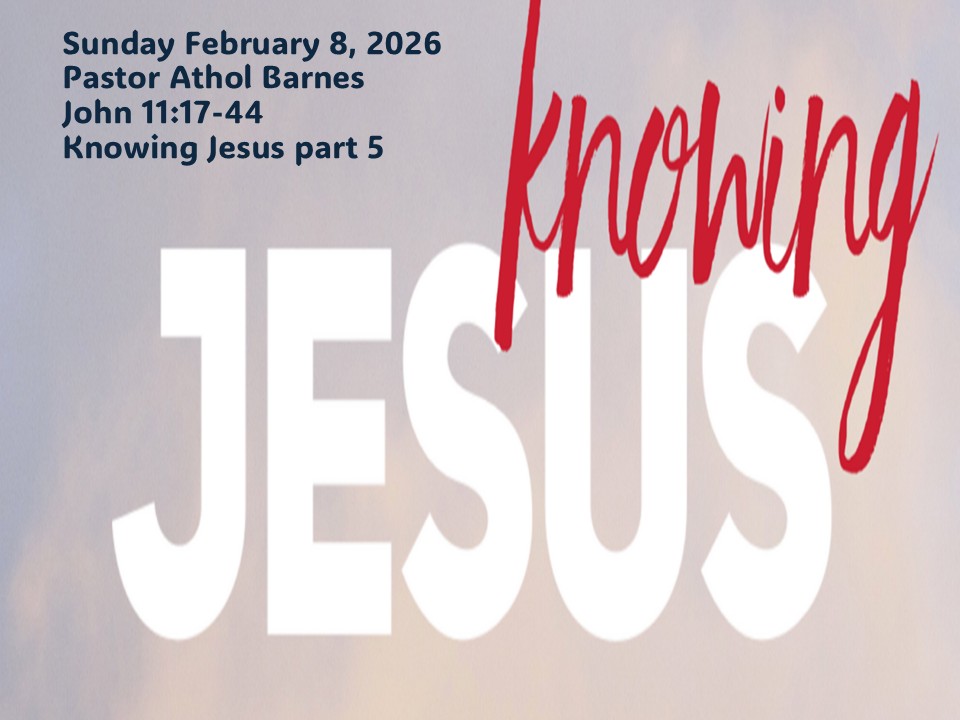
People are often surprised when they hear that today Jesus is still in a human form, permanently in his resurrected body. Many people tend to think that Jesus had a real body while he walked the earth, but when he ascended into heaven, he reverted to a spirit form. But the reality is that Jesus permanently became fully human, all the while still being fully God. Jesus has a resurrected body, like the one that we who believe in him will one day receive (see Philippians 3:20-21).
Jesus’ Emotions.
In addition, Jesus also experiences the full range of human emotions. He did on earth, and he still does. Jesus experiences joy, sorrow, frustration, anger, and all the emotions we experience (see Hebrews 2:17).
John Calvin wrote, “The Son of God having clothed himself with our flesh, of his own accord clothed himself also with human feelings, so that he did not differ at all from his brethren, sin only excepted.”
Our Emotions.
But there was a significant difference between the emotions of Jesus and our emotions. Jesus had perfect emotions; ours are obscured and affected by sin. We tend to overreact emotionally. When we get sad, we can wallow in sadness beyond what is healthy. When we get angry, it can lead us to do things we shouldn’t do. We overreact.
We also underreact. We can be numb to pain, numb to injustice. When we see someone suffering injustice, we can be unmoved. Because we are sinful and are desensitized.
Perfect Emotions.
But Jesus experiences unrestrained and unfiltered emotions. When Jesus is happy, he is all in; when he is moved with compassion, he displays unrestrained compassion. When Jesus experiences anger, it is perfectly righteous anger.
In the account in John 11, where Jesus raised his friend Lazarus from the dead, we see Jesus displaying a wide range of emotions.
In verse 35, we read, “Jesus wept.” Jesus was not weeping because he felt helpless at the loss of his friend. Rather, I believe Jesus wept because of sin, death, pain, and all the accumulated effects of the original sin in the Garden of Eden. Jesus wept because he saw the bigger picture and was moved with compassion for his friends.
But there is also another emotion on display here. In verse 33 and verse 38, we read, “When Jesus saw her weeping, and the Jews who had come with her also weeping, he was deeply moved in his spirit and greatly troubled” John 11:33.
“Then Jesus, deeply moved again, came to the tomb. It was a cave, and a stone lay against it” John 11:38.
The original language is lost on us when we read, “greatly troubled” or “deeply moved.” The actual meaning of the Greek word is profound fury or rage. When Jesus saw the pain that death had caused, he was furious.
The theologian, B.B. Warfield, writes, “Tears of sympathy may fill his eyes, but this is incidental. His soul is held by rage.”
Jesus experienced perfect anger, rage unfiltered by sin. In fact, it would have been a sin if Jesus hadn’t responded in anger, because his perfect compassion would have to be suppressed for him not to get angry. If Jesus had no compassion for those around him, he would not be angry at the effects of sin in their lives. But Jesus has perfect and unfiltered emotions, so he experienced rage.
Jesus’ Anger.
In John 2, we read where Jesus cleansed the temple. He saw the money changers and the people selling oxen and sheep, and he was enraged because of his zeal for the house of God. But he didn’t fly into a rage; he took the time to weave a whip and then turned over the tables, sending all the money flying. He got perfectly angry, and that fueled his actions.
Did Jesus lose his temper? No, he was angry, but he did not lose his temper; he acted out of righteous anger. Jesus never lost control of his emotions; whether joy, anger, or any other emotion, he was perfectly in control. We know this because self-control is a fruit of the Spirit (see Galatians 5:22-23).
Our Anger.
If you are angry about something today, you may be right in your anger. Sometimes, to calm people, we treat anger as if it were a sin. However, the Bible provides guidance on how to handle anger (see Psalm 4:4 and Ephesians 4:26). Anger itself is not inherently sinful, but our response to it can be.
If you have been sinned against and someone has made you angry by a sinful action, know that Jesus is angry with you. Not like a distant observation of your anger, he is actually perfectly angry at the injustice done to you, and he has the perfect wisdom, power, and knowledge to do something about it (see Romans 12:19).
Two of the reasons why we don’t release our anger to God:
- We don’t believe that God can or will do something to correct the injustice.
- We are prideful, and humanism says, “I have my rights, you violated my rights, and I want to get my own back.”
Now, I am not saying that if someone does something illegal against you, you don’t go to the authorities. The law gives us recourse when someone hurts one of our loved ones. I am talking about the things that happen in life when someone says something that offends you or takes advantage of you, and it seems that they have gotten away with it. Do you trust the Lord to do something? When we hold on to our anger, it becomes bitterness and resentment. Unforgiveness is a downhill path to self-destruction.
Any emotion we feel, Jesus feels.
Emotions are not sinful; it is what thoughts and actions they lead to that can be sinful. Trust the Lord with your emotions today.


